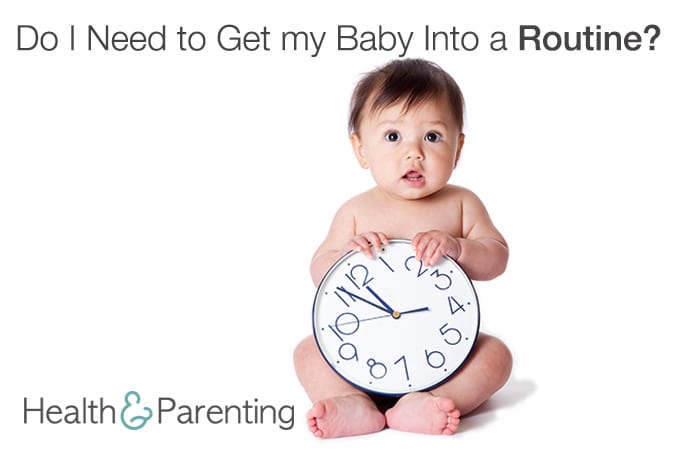As soon as you announced your pregnancy, you probably started receiving unwanted parenting advice. From your mother in law monitoring your diet, to the stranger at the bus stop giving you a dirty look for drinking a coffee, it may seem that your pregnancy is up for discussion. Add to this the number of people trying to touch your bump without permission, and it’s understandable that you’re getting a bit fed up.
Unfortunately, this unwanted advice probably won’t end when the baby is born. You’ll have strangers wandering over to you, desperate to stroke the cheek and squeeze the hand of your newborn. While they stop to tell you how beautiful and precious your newborn baby is, they’ll also probably drop a few parenting tips into the conversation. Your friends and family may also join in offering unsolicited advice at every opportunity.
Sleep
For the first few months, it may seem like the entire world is waiting with baited breath to find out how your little one slept last night. You’ll be offered outdated advice, and may even be made to feel that you have a ‘bad’ sleeper. Firstly, all babies are bad sleepers, that’s how they’re designed. Secondly, how they sleep at eight weeks does not determine how they will sleep forever. Yes sleepless nights are hard, yes having a newborn can be exhausting, but it won’t last forever. Don’t waste time worrying about sleep, just grab it while you can and make the most of this time with your newborn.
Size
There isn’t much to say about babies really, because they don’t do much. They’re cute, they have beautiful big eyes, and they are big, or small, or average. Everyone will comment on your baby’s size, probably because they’ve run out of other compliments to throw at him. As long as your healthcare provider thinks that your baby’s size is ok, then you have nothing to worry about.
Crying
There is nothing more stressful than being out and about when your newborn starts to wail loudly, going redder and redder in the face as he screams. Oh wait, yes there is: it’s when strangers choose that moment to come over and offer advice. What you really need is to be left alone so you can figure out, as quickly as possible, what your baby needs so you can soothe him. What you’ll get is a load of unwanted advice, “give that baby a bottle”, “he’s cold” and “get a dummy in him” being favourites. Ignore the advice, ignore everybody apart from your crying baby. You are his mother, you know what he needs, and if you don’t, you’ll figure it out in a few minutes. Breathe, and try to stay calm.
Parenting choices
Parenting can be a bit of a battleground, and almost every choice has two opposing sides. It is up to you how you decide to raise your baby. Bottle or breast, dummy or not, pram or carrier – all of these choices should be made by you and your partner. It’s not up to your mother in law to persuade you to use formula milk, it’s not your friend’s choice to give your baby a dummy, and you shouldn’t let other mums make you feel bad for letting your baby nap on you. Don’t worry about what everyone else is doing, just do what works for your family.
Confidence
As a first time parent, you are likely to lack confidence when looking after your newborn. It can be an overwhelming time, and you may feel a lot of pressure from various people to conform to their parenting ideals. Don’t. Feel confident in the choices you have made, and focus your energy on being the best parent you can be, ignore the unwanted advice and comments from other people.
Have you been given any unwanted parenting advice, and how did you deal with it?
Written by Fiona, proud owner of a toddler, @fiona_peacock
This information is not intended to replace the advice of a trained medical doctor. Health & Parenting Ltd disclaims any liability for the decisions you make based on this information, which is provided to you on a general information basis only and not as a substitute for personalized medical advice. All contents copyright © Health & Parenting Ltd 2016. All rights reserved.












